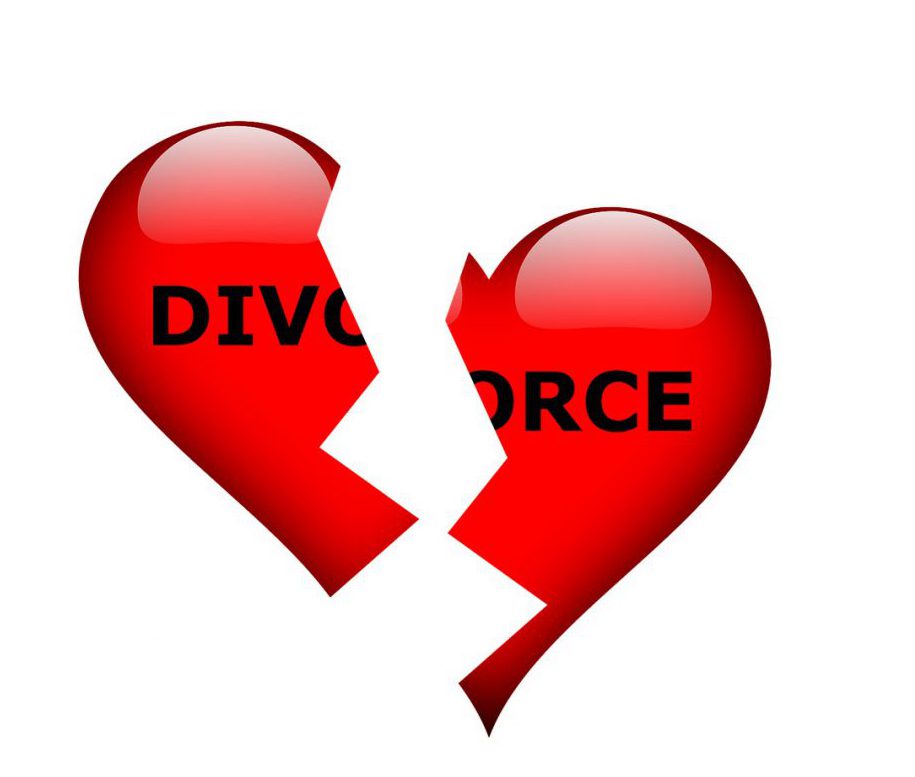
Before making the difficult decision to file for divorce from your partner, it is crucial to consider several important legal implications before you decide to proceed. Divorce is a legal process that can have significant consequences for both parties involved, so it’s advisable to consult with a qualified family law solicitor to understand your specific situation.
Divorce is a complex legal process. Each divorce case is unique, and the specific legal implications can vary. However, we have composed a list of five important legal implications that we believe everyone must consider before deciding to move ahead with divorce proceedings:
1. Financial Settlements
Divorce typically involves the division of assets, property, and financial resources that were acquired during course of the marriage. Before filing for divorce, consider how these assets and finances will be divided between you and your spouse.
Bear in mind that you may need to negotiate or seek a court order for a fair financial settlement.
2. Child Custody and Support
If you and your spouse have children together, you must address issues related to child custody, visitation rights, and child support. The best interests of the child are a primary consideration in these matters when the issue of divorce is raised. It’s important to establish a parenting plan that outlines custody arrangements and financial responsibilities.
3. Prenuptial Agreements
If you and your spouse have a prenuptial agreement in place, it can significantly impact the divorce process. These agreements may dictate how assets are divided and can influence financial settlements, so be sure to review and understand the terms of any prenuptial agreement.
4. Waiting Period
In Ireland, there is a waiting period of at least two years from the date of separation before you can apply for a divorce. During this period, you may consider mediation or other forms of dispute resolution to resolve issues amicably.
5. Legal Representation
It is strongly highly advised that you seek legal representation from a qualified family law solicitor when filing for divorce. A solicitor can guide you through the legal process, ensure that your rights are protected, and help you navigate complex issues such as property division, spousal maintenance, and child custody.
*In contentious business, a solicitor may not calculate fees or other charges as a percentage or proportion of any award or settlement.*





